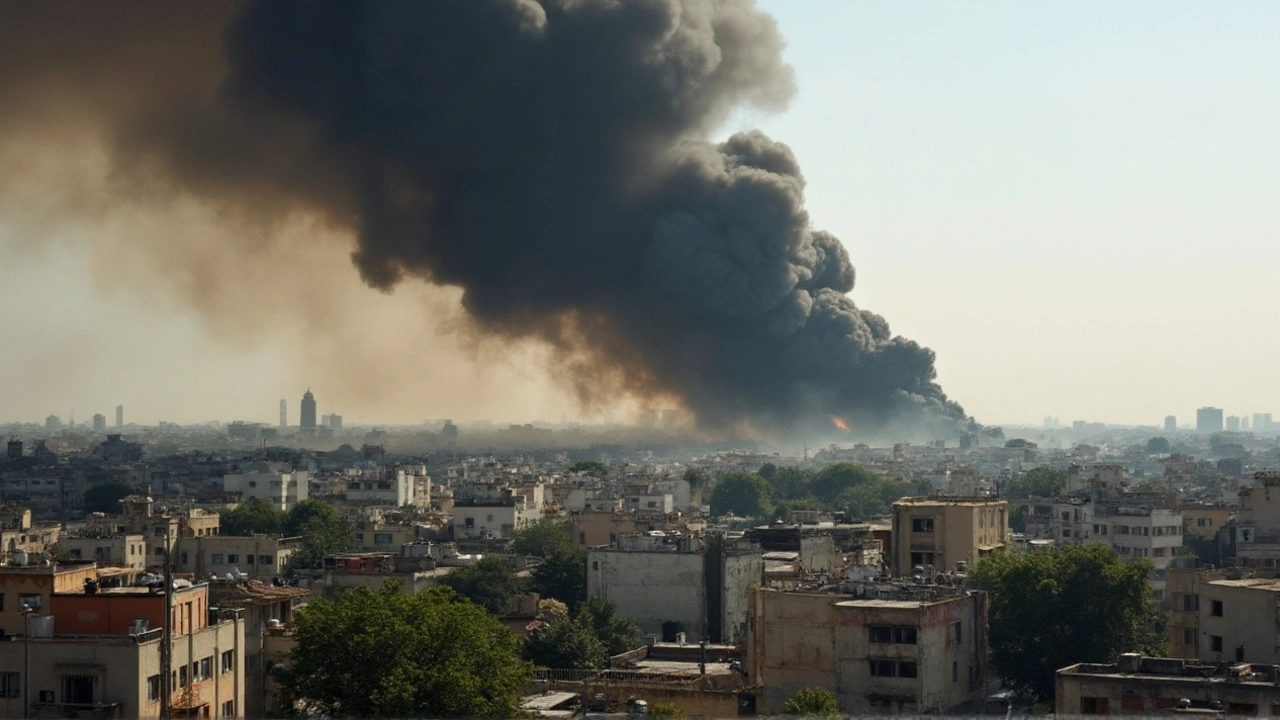When a fuel cutoff, a deliberate interruption in the supply of diesel, petrol, or gas to a region or sector. Also known as fuel rationing, it happens when supply chains break down, infrastructure fails, or policy decisions force restrictions. It’s not just a long line at the pump—it’s a ripple effect that shuts down buses, stalls construction sites, and leaves hospitals running on backup generators. In South Africa, where power outages and logistics bottlenecks are common, fuel cutoffs hit hardest in rural areas and small businesses that can’t afford alternatives.
These cutoffs aren’t random. They’re often tied to infrastructure, the physical systems that deliver fuel—from pipelines and refineries to storage depots and transport routes. When the Transnet rail network struggles to move diesel from Durban to Gauteng, or when a pipeline leak shuts down supply in the Eastern Cape, the result is the same: people can’t get fuel. And it’s not just about cars. Construction companies rely on diesel for excavators, cranes, and generators. Without it, projects stall. Workers sit idle. Paychecks get delayed. In places like Cape Town, where major road and housing developments are underway, even a 24-hour cutoff can cost millions in lost productivity.
Energy policy, government decisions on fuel pricing, subsidies, and import rules plays a huge role too. When the government cuts subsidies to keep inflation in check, prices spike. When import permits are delayed due to bureaucracy, stations run dry. And when corruption or mismanagement hits state-owned fuel distributors, the public pays the price. Recent reports show that in some provinces, fuel cutoffs last longer during election seasons—not because of supply, but because of political gridlock.
What’s clear is that fuel cutoffs aren’t just a temporary inconvenience. They’re a symptom of deeper problems: aging infrastructure, weak governance, and underinvestment in energy resilience. The same communities that deal with load-shedding also face fuel shortages. The same construction firms that wait for power to return now wait for diesel. And the same workers who rely on public transport to get to job sites find themselves stranded when the buses don’t run.
Below, you’ll find real stories and reports from across Africa—some showing how fuel cutoffs halted major projects, others revealing how communities adapted, and a few exposing the political decisions behind the shortages. These aren’t abstract headlines. They’re daily realities for thousands of people trying to keep their businesses alive, their homes warm, and their families fed.

After Air India Flight 171 crashed in Ahmedabad due to both engines shutting down, investigators are examining if a pilot's action with the fuel switches was mistake or intent. The AAIB and international agencies are analyzing cockpit data and have triggered fresh inspections for Boeing 787s. Experts are weighing in on human error and system failure.